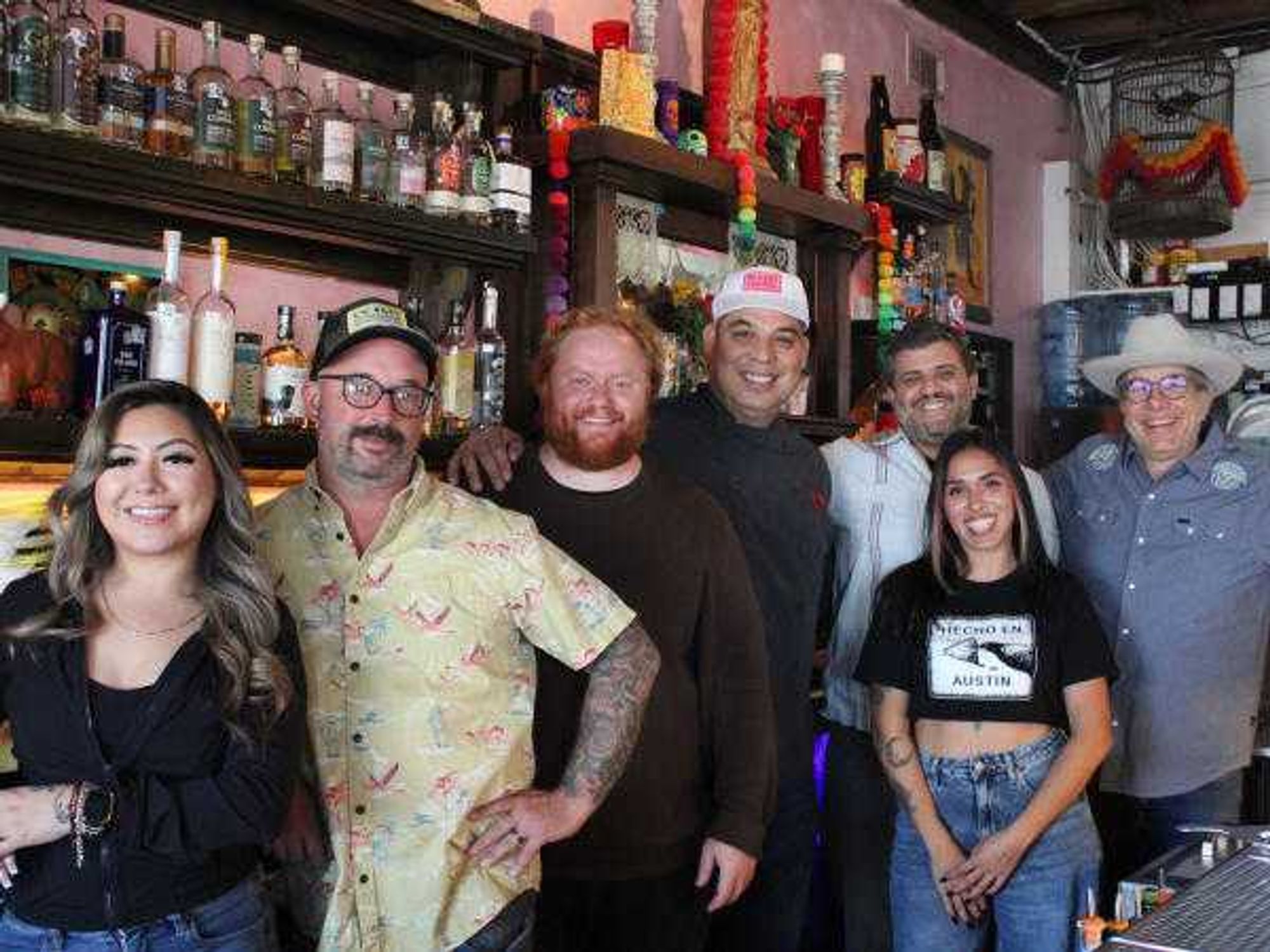Keeping Austin Healthy
Where to begin with HIV and AIDS in Austin?
Jul 18, 2011 | 9:59 am

 Photo by Tamir Kalifa
Photo by Tamir Kalifa
Bernard Leland, in his late 20’s, is an Austinite with an adorable baby face who makes a habit of wearing paint-stained t-shirts.
As of April 28, 2011 he is also one of the 4,777 people in Texas with an HIV positive diagnosis.
“I was surprisingly calm,” Leland says of the day he was diagnosed, “It wasn’t even done incubating yet when [the tester] said, ‘Okay, it’s starting to show a positive result.'”
Austin is home to the oldest and largest HIV organization in central Texas: AIDS Services of Austin. The resources at ASA are aimed at helping with the mental and physical implications of the virus, from food banks and counseling services to their partnership with the David Powell Clinic.
The David Powell Clinic provides HIV-specific health services and will treat anyone with HIV in the central Texas region, regardless of their ability to pay. This clinic is 75 percent funded by state and federal grants, but not all life-sustaining public HIV programs are as stable in their funding.
The antiretroviral drug therapy that is necessary to manage HIV can cost thousands of dollars a month; programs like the Texas AIDS Drug Assistance Program supply these drugs to those in need. Micah King, communications coordinator for ASA, explains that, this year, the Texas legislature deemed the ADAP a second-tier priority, which will leave the program unfunded by September 2012.
This is not the only area that the Texas legislature falls short in the fight against HIV.
Needle exchange programs, which are a no-questions-asked trade of dirty street-needles for clean ones, are illegal in the state of Texas. Through a slight skirting of Texas law, non-profit volunteer programs like the Austin Harm Reduction Coalition work to prevent disease among needle drug users by supplying resources, including treatment referrals, alcohol pads and supplies for safe injections.
Leland is just beginning his life with HIV, but he realizes that now he has become a part of the education initiative.
Other programs aimed at the education and support of specific subsets of the HIV population include the Women Rising Project, the Minority AIDS Initiative and Q Austin.
Daniel Holland is the lead coordinator for Q Austin, a chapter of the national Mpowerment project. “[We] do safer sex outreach targeted at the gay/bi men’s community in Austin, specifically 18-29 year olds, the population that is at the highest risk of new HIV infections,” explains Holland, “And we do it all in a very sex-positive way.”
Part of Mpowerment’s proven model of prevention acknowledges that a healthy and open dialogue about sex in this high-risk group is necessary if HIV education and prevention is going to prevail.
Leland is just beginning his life with HIV, but he realizes that now he has become a part of the education initiative.
“Remember that anything that you feel is valid," Leland says. "And that people do want to help you, and that is something that you need.”
An HIV diagnosis is not easy, but taking advantage of regional resources like ASA is an invaluable way to live a life that is much more broad than the constriction of three little letters.

 Beet and citru salad at Moderna. Photo by Brianna Caleri
Beet and citru salad at Moderna. Photo by Brianna Caleri